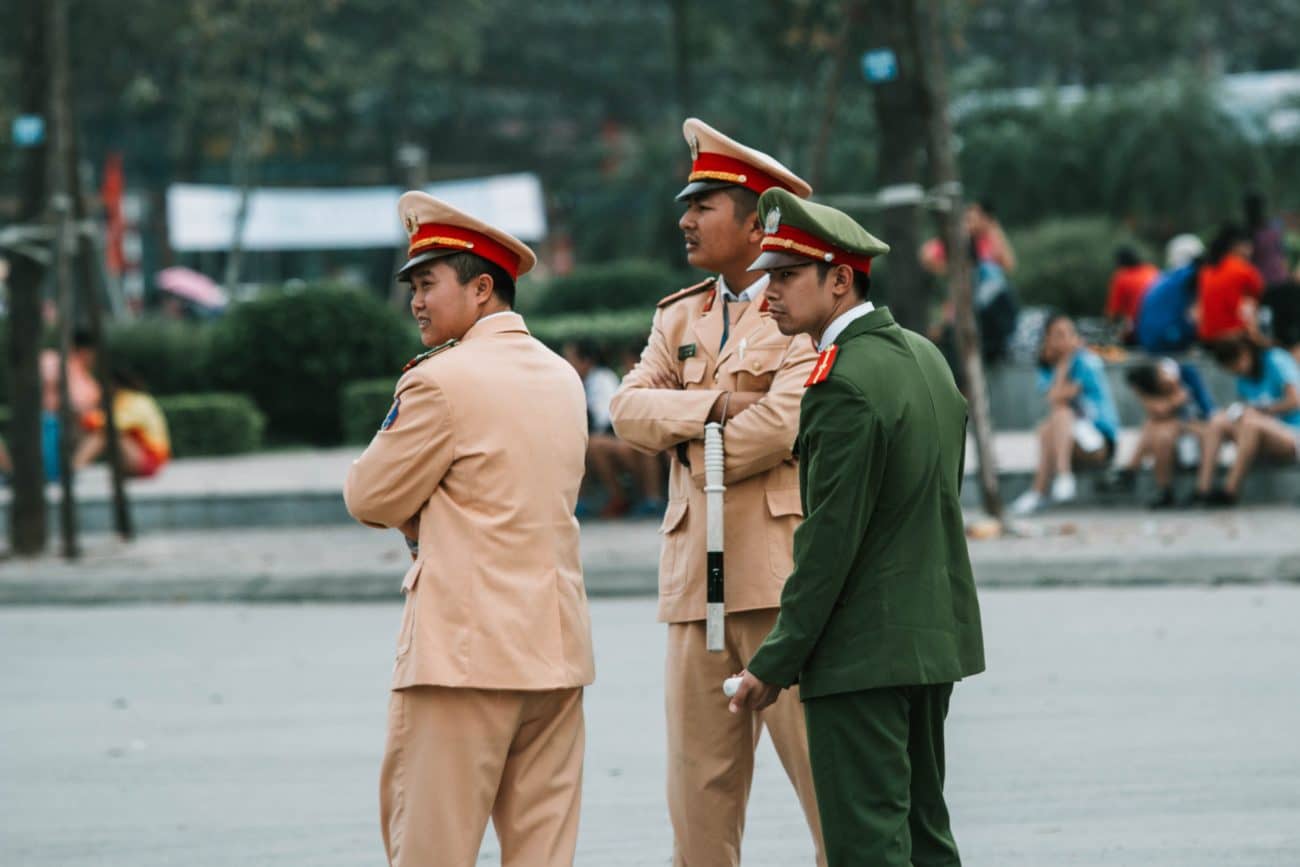When our kids weren’t feeling well and wanted to stay home from school, my husband felt their foreheads. Were they hot? Did they have a temperature? Eventually, we invested in a thermometer to measure things more accurately. Our marriages need a daily temperature reading too!
In a married relationship, there are times when things feel a little bit off. You may not be sure why. There is increased tension and communication seems to be breaking down. It is important to pay careful attention to what is happening in your marriage.
One tool for daily communication that has greatly helped our marriage is called the Daily Temperature Reading (DTR). It was developed by a group called PAIRs.
We learned this powerful tool some years ago we went through extensive marriage counseling. For almost a year, we did this exercise every single day. We still use it at least once a week and often several times a week. It keeps us healthy and communicating with each other well.
A Typical Conversation
WIFE: “He never tells me he appreciates all I do! I cook, clean, and take care of the children, but I never even get a thank you from him. Sometimes I want to quit this marriage!”
HUSBAND: “All she ever does is nag and complain! I work hard all day in ministry. When I come home, I am exhausted. She loves to point out my faults and wrongdoings. I honestly don’t know what to do to make her happy. Sometimes I feel like giving up. Her nagging makes me want to stay out of the house even longer so I linger in my ministry appointments. At least the people I am helping appreciate me.”
These are not uncommon to hear from married couples anywhere…even on the mission field. Has something similar been said in your house?
“If possible, so far as it depends on you, live peaceably with all.”
Romans 12:8 ESV
Daily Temperature Reading (DTR) Steps
The Word of God tells us to do whatever we can, on our part, to live peaceably. That begins at home. Doing a DTR (Daily Temperature Reading) on a regular basis can greatly improve the peacefulness of your marriage. For other helpful tools please see my previous blogs.
Here is how it works. Take turns with each of the steps below. Though you can go longer, this process usually takes about 20 minutes. When the other person is speaking, listen carefully and don’t interrupt. Switch who begins each time you do it. The same person need not always start the appreciation.
Step 1- Appreciation
Tell the other person something specific you appreciate about them. Highlight things they have done to serve you or the family in the past day or week. Let them know that you noticed these things and say thank you. You can also mention aspects of their personality or character that you particularly appreciate. After sharing three or four things, stop and let the other spouse take a turn.
Step 2- New Information
Busy ministry couples often struggle to communicate. In the midst of over-packed lives, it is easy to forget to mention the details or things you’ve learned. This can greatly frustrate your spouse.
In this step, think about what you’ve learned. Share that information. Did your mother call and cancel the dinner this week? Perhaps you got a letter from your child’s school. Or maybe you booked a train ticket or a speaking engagement. Share these things with one another.
Step 3- Puzzles
Even though we may have been married a long time, we continue to learn about one another. Are there things which happened that you don’t understand? Sharing a puzzle is a lot less threatening then attacking the person or jumping to a conclusion. For example, you might say, “I noticed you were very quiet during dinner tonight. That puzzled me. I wondered if you were angry or didn’t like what I cooked.” This then gives them a chance to explain.
“Oh no! It wasn’t that at all. I was thinking about what someone said to me at church. It’s really been upsetting to me.” Puzzle solved.
You can also share more general puzzles like “I am puzzled about how to resolve this problem. I don’t know what to do about this.”
Step 4- Complaint with Request for Change
It helps a lot to have a regular time where it is safe to share things the other person did that you didn’t like. Share these things in a constructive way, not just complaining. Also kindly tell your spouse what you would prefer they do instead. This can improve your marriage a great deal!
If you regularly share, and it is received and acted on, you won’t have explosions where ten frustrations come out at once. That makes you feel attacked and rarely leads to the marriage getting better.
Here is an example of a complaint with a request for change.
“I really don’t like it when I call everyone to come for dinner, but you keep watching TV. I have to call you 3 or 4 times. I’d like to request you shut off the TV and come within a few minutes after I let you know the food is ready.”
Complaint: Having to call repeatedly
Request for change: Come within a few minutes after the first call.
Here is one more.
“I don’t feel relaxed when the house is a mess. I come home and there are toys everywhere. I can’t find a place to sit down in our living room. I’d really appreciate it if you could ask the children to pick up their toys before I get home from the office.”
Complaint: Toys everywhere.
Request for change: Have the children pick them up before I come home.
Step 5- Hopes and Dreams
Finish the Daily Temperature Reading (DTR) by sharing one or two things you are looking forward to in the coming week or month. Maybe you are hoping to go visit your family or to see a breakthrough in your ministry. Sharing your desires with one another is important. Then, each spouse can work to fulfill the dreams and desires of their spouse. If you don’t know what the other person is hoping for, you can’t partner to make it possible.
Give it a Practice Run
Why not go ahead and give it a try? Set aside a half an hour after the kids are in bed and practice these simple steps. After you finish, say a short prayer together.
Don’t have 30 minutes? At least grab five and do the appreciation step. That by itself will improve your marriage if you do it regularly!
Having a healthy, fulfilling and pleasurable marriage is a key to being faithful, fruitful and fulfilled on the mission field. Set aside the time you need, to do what it takes to invest in your marriage.
Let me know in the comments or on the Missionary Life Facebook group how it went when you tried doing this with your spouse. Any questions?
*The above tool was developed by PAIRs. For more information about this tool or to contact them, click here.









